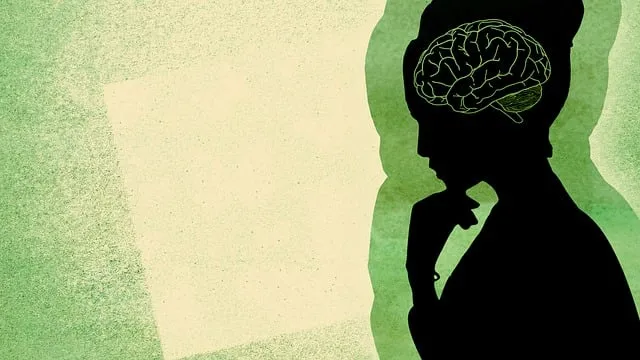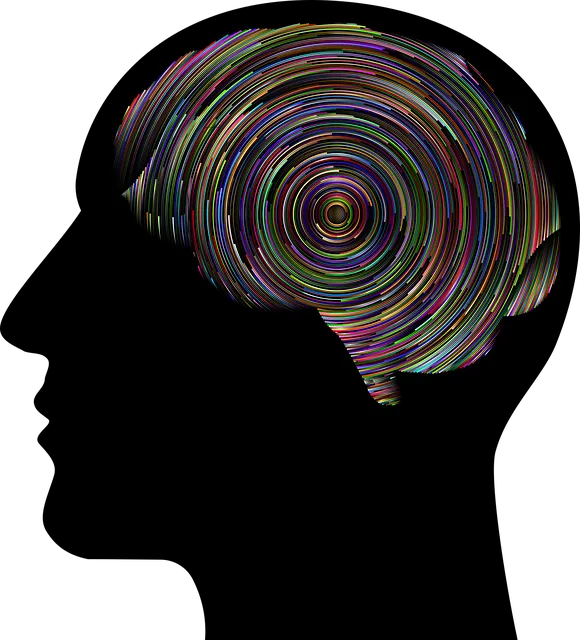The Golden Kaiser Permanente Mental Health Access Center is a leading force in combating mental illness stigma through holistic services, education, and community involvement. By creating safe spaces, teaching coping strategies, and advocating for accurate media portrayals, they reduce barriers to care and promote understanding. Their comprehensive approach, including trauma support, therapy, and public awareness, ensures diverse populations have access to essential mental health resources, fostering early intervention and improved outcomes.
Mental illness stigma remains a significant barrier to individuals seeking help. This article explores various efforts aimed at reducing this societal burden, including an in-depth look at the Golden Kaiser Permanente Mental Health Access Center, a pioneering model for accessible and supportive care. We also delve into educational initiatives dispelling myths, responsible media representation, and policy advocacy, all crucial components in creating a more inclusive and understanding society.
- Understanding Stigma: Barriers to Seeking Help
- The Golden Kaiser Permanente Mental Health Access Center: A Model for Change
- Educational Initiatives: Dispelling Myths and Promoting Awareness
- Media Representation: Portraying Mental Illness with Accuracy and Empathy
- Policy and Advocacy: Creating a Supportive Social Framework
Understanding Stigma: Barriers to Seeking Help

Stigma surrounding mental illness often acts as a significant barrier to individuals seeking much-needed help and support. Many people struggling with their mental health may feel ashamed or afraid of judgment, leading them to avoid reaching out for professional assistance. This internalized stigma can stem from societal perceptions, media portrayals, or personal experiences, creating a cycle of isolation and suffering in silence.
At centers like the Golden Kaiser Permanente Mental Health Access Center, efforts are focused on providing safe spaces where individuals can access resources without fear of judgment. They offer various programs, such as Mental Wellness Journaling Exercises and Guidance, to encourage self-reflection and coping strategies. Additionally, Conflict Resolution Techniques and Mind Over Matter Principles are taught to empower individuals to manage their mental health proactively. By tackling stigma head-on and fostering open conversations about mental wellness, these initiatives aim to reduce barriers to care, ultimately improving access to much-deserved support.
The Golden Kaiser Permanente Mental Health Access Center: A Model for Change

The Golden Kaiser Permanente Mental Health Access Center stands as a beacon of hope and progress in the fight against mental illness stigma. This innovative center offers a holistic approach to mental healthcare, integrating various services under one roof to create a supportive environment for individuals seeking help. By prioritizing accessibility and patient-centered care, it sets a powerful example for community-based mental health initiatives.
Through its comprehensive range of services, including trauma support, individual and group therapy, and education programs, the center actively involves the community in stigma reduction efforts. Public Awareness Campaigns Development plays a pivotal role here, fostering open conversations and dispelling myths surrounding mental health issues. Effective Communication Strategies are employed to ensure that diverse populations understand available resources, encouraging early intervention and improved outcomes. The Golden Kaiser Permanente model demonstrates that with dedicated resources and a collaborative approach, significant strides can be made in creating a more inclusive and supportive society for those facing mental health challenges.
Educational Initiatives: Dispelling Myths and Promoting Awareness

Educational initiatives play a pivotal role in reducing the stigma surrounding mental illness. Organizations like Kaiser Permanente’s Mental Health Access Center are at the forefront of this effort, providing valuable resources and programs to dispel myths and promote self-awareness. By offering workshops and seminars focused on mental health education, these centers empower individuals with knowledge about various conditions, their causes, and available treatments.
One effective approach is integrating Self-Awareness Exercises and Conflict Resolution Techniques into educational curricula. These tools enable participants to recognize early signs of mental distress in themselves and others, fostering a supportive environment. Through interactive sessions, individuals learn healthy coping strategies, communication skills, and conflict resolution methods, ultimately contributing to a more empathetic and understanding society.
Media Representation: Portraying Mental Illness with Accuracy and Empathy

The media plays a significant role in shaping societal perceptions about mental illness, making accurate and empathetic representations crucial for stigma reduction. Historically, mental health conditions have been portrayed stereotypically or sensationalized in films, television shows, and news coverage, leading to further misunderstanding and discrimination. However, organizations like the Golden Kaiser Permanente Mental Health Access Center are at the forefront of advocating for more nuanced media portrayals. They emphasize the importance of sharing real-life stories and experiences, highlighting the diversity of mental health issues and recovery journeys.
By presenting characters with mental illnesses as multidimensional individuals, media can foster empathy and challenge stigmatizing narratives. This approach encourages viewers to see beyond symptoms and recognizes the impact of social and environmental factors on mental wellness. Moreover, promoting self-care practices and stress management techniques in media content can contribute to a broader conversation about mental wellness coaching programs development, ultimately benefiting those seeking support from Golden Kaiser Permanente Mental Health Access Center or similar initiatives.
Policy and Advocacy: Creating a Supportive Social Framework

Policy and advocacy play a pivotal role in reducing stigma surrounding mental illness by fostering a supportive social framework. Organizations like Golden Kaiser Permanente Mental Health Access Center are at the forefront of this effort, providing accessible resources and promoting open dialogue about mental wellness. These initiatives include developing Mental Wellness Coaching Programs that empower individuals with coping strategies, and encouraging Self-Care Routine Development for Better Mental Health. By integrating Mind Over Matter Principles, these programs not only improve individual well-being but also contribute to a broader cultural shift where mental health is prioritized and supported. Such efforts are essential in breaking down societal barriers and ensuring people receive the care they need without fear of judgment or discrimination.
Mental illness stigma reduction is a multifaceted effort that requires collaborative action from various sectors. By addressing barriers to seeking help, implementing innovative models like the Golden Kaiser Permanente Mental Health Access Center, and promoting educational initiatives and accurate media representation, we can foster a more supportive social framework. Policy changes are crucial to enhancing access to mental health services and ensuring folks receive the care they need without stigma. Through these combined efforts, we can work towards a world where everyone receives understanding and support for their mental health journey.



